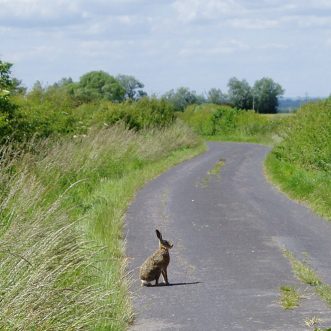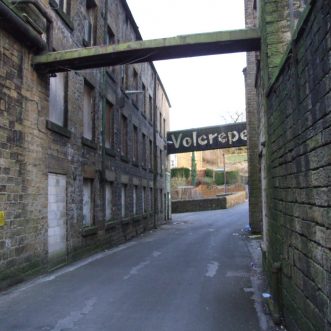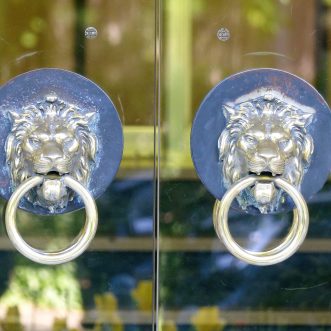
Unscripted
Too often we think that treating customers the same way means putting them through the same mechanical process. In doing so we mistake customers for widgets. We also mistake our staff for widgets.
Much better to exploit the possibilities offered by human beings to create processes that are consistent without being mechanical.
The trick is to think about what must be covered as part of the process, then find a way to help the human being running that process to remember that, while giving them freedom as to how they cover it.
Take a phone call for example. Rather than scripting a sales or customer service call, why not create a simple prompt sheet, that lets the person making the call remember what must be covered, while letting them cover it as part of a natural conversation with whoever is on the other end of the phone. I’ve written an e-book showing you how.
Both sides of the conversation will feel more natural, and that makes both sides much happier to make and receive your calls.








